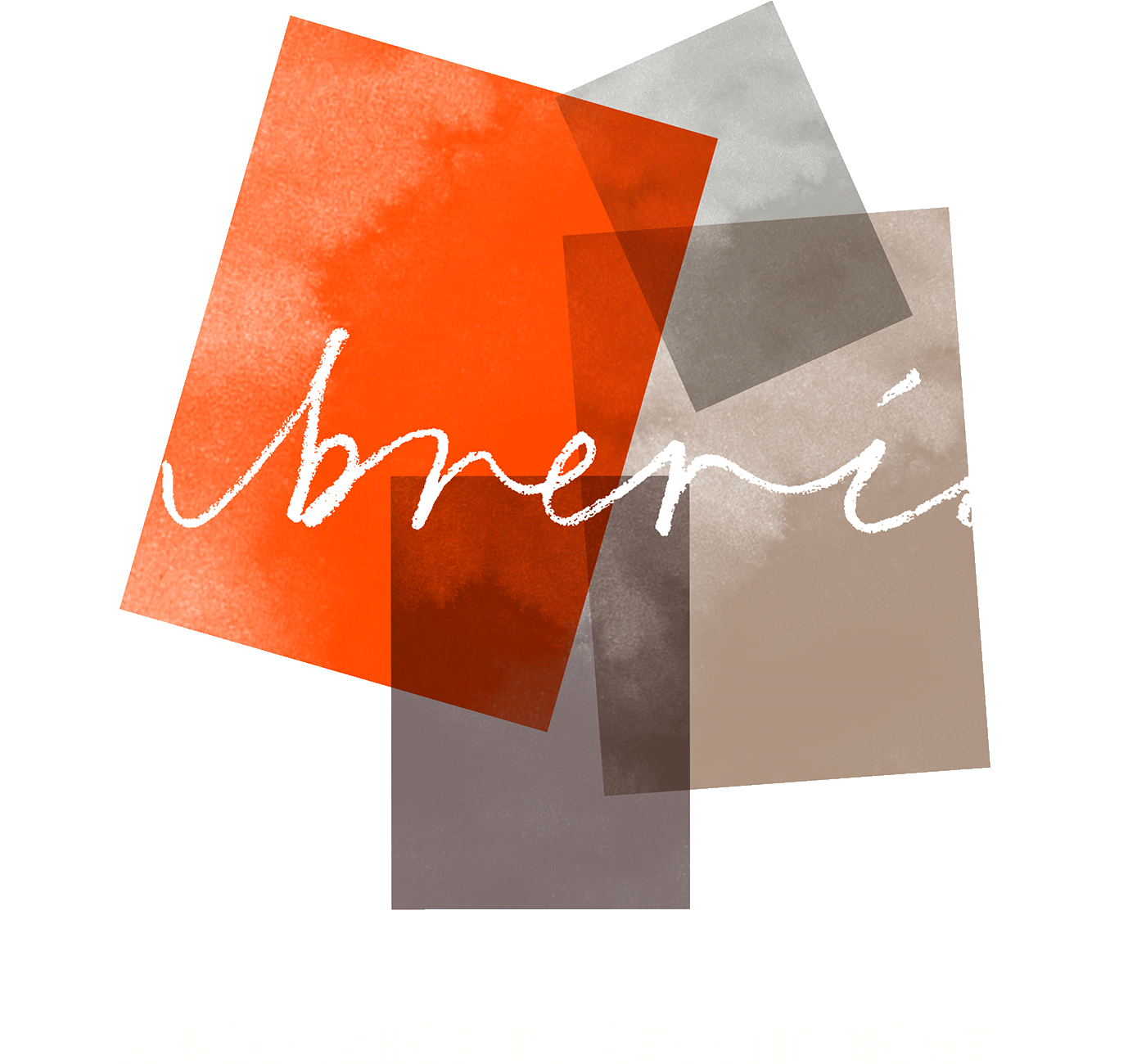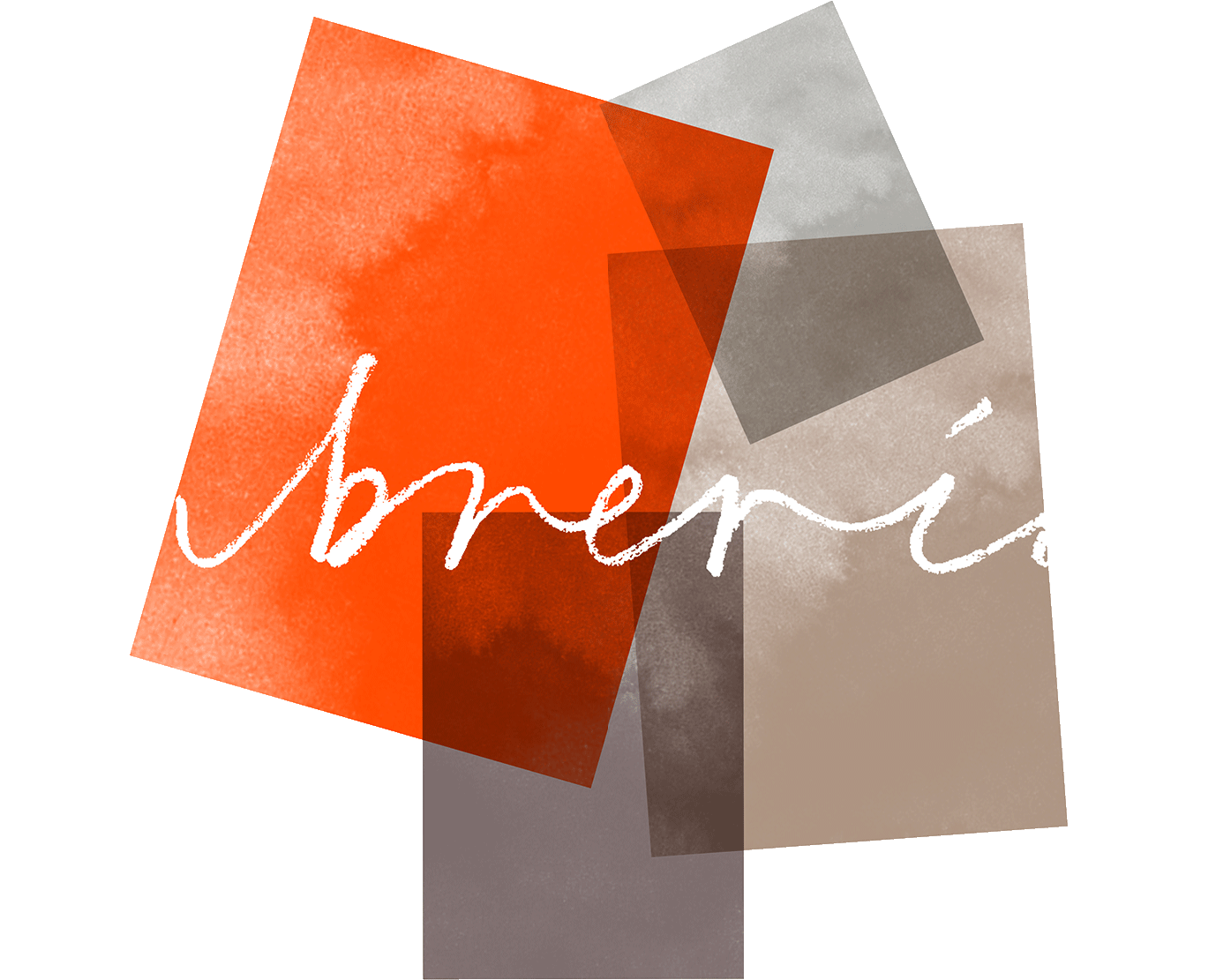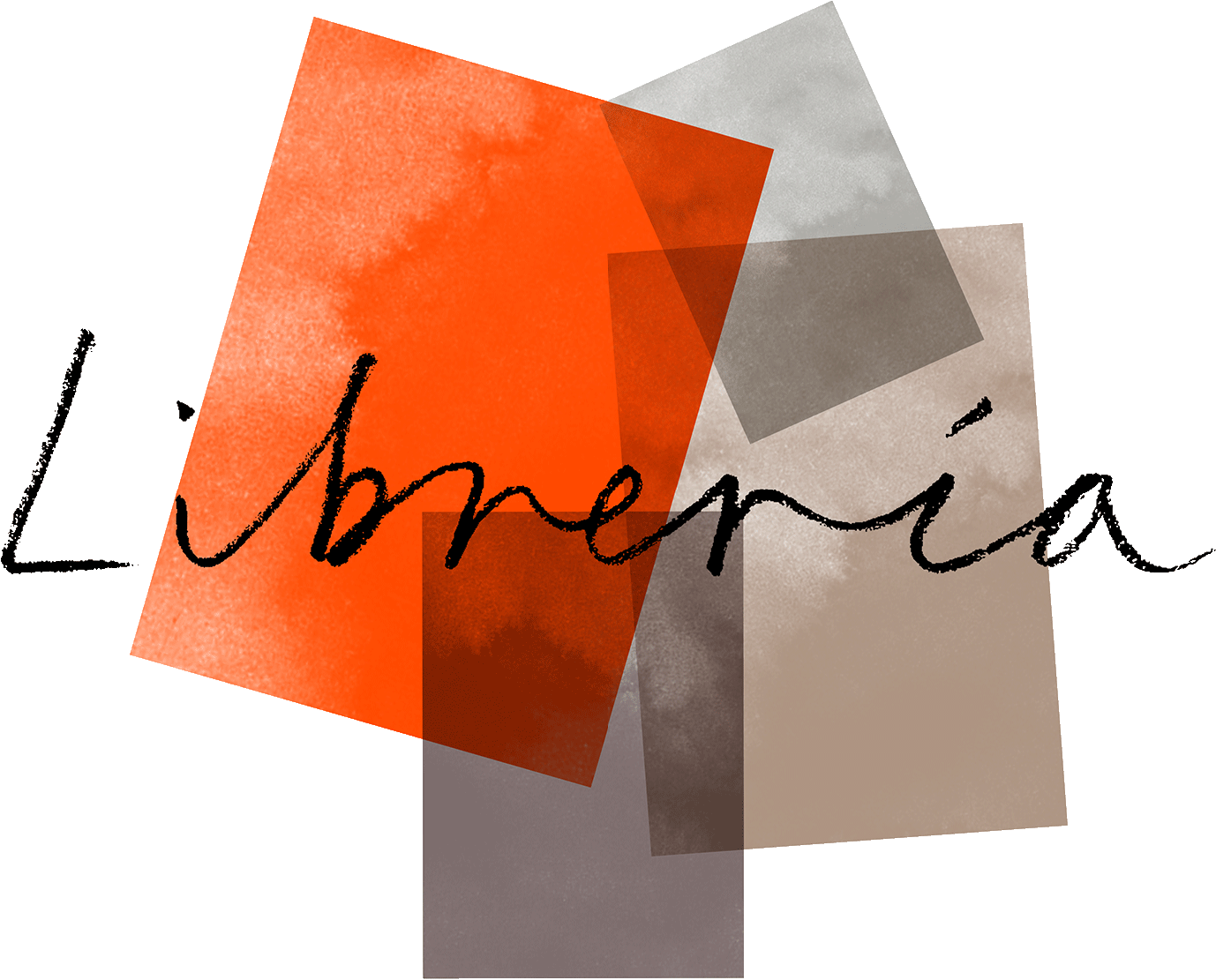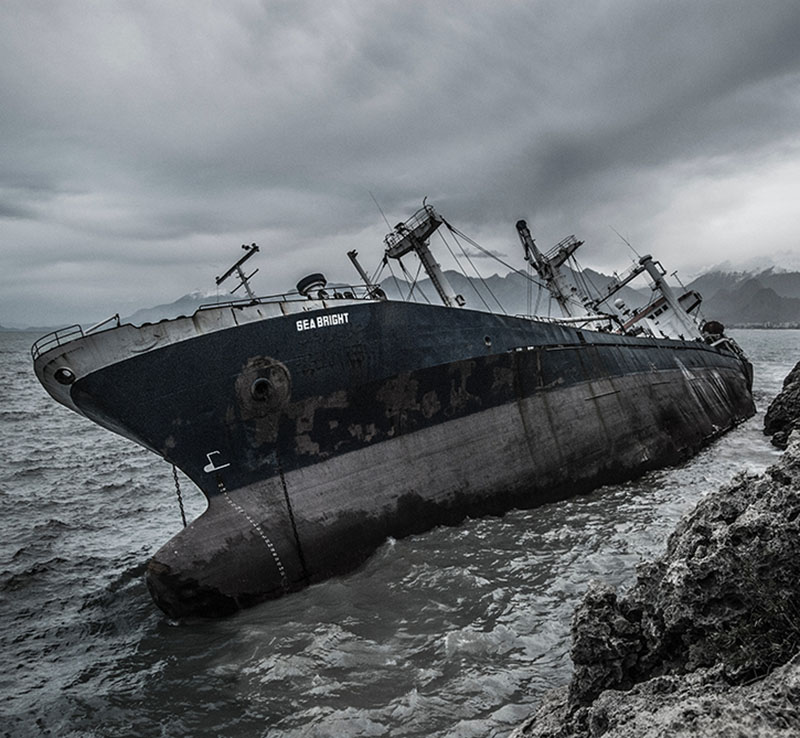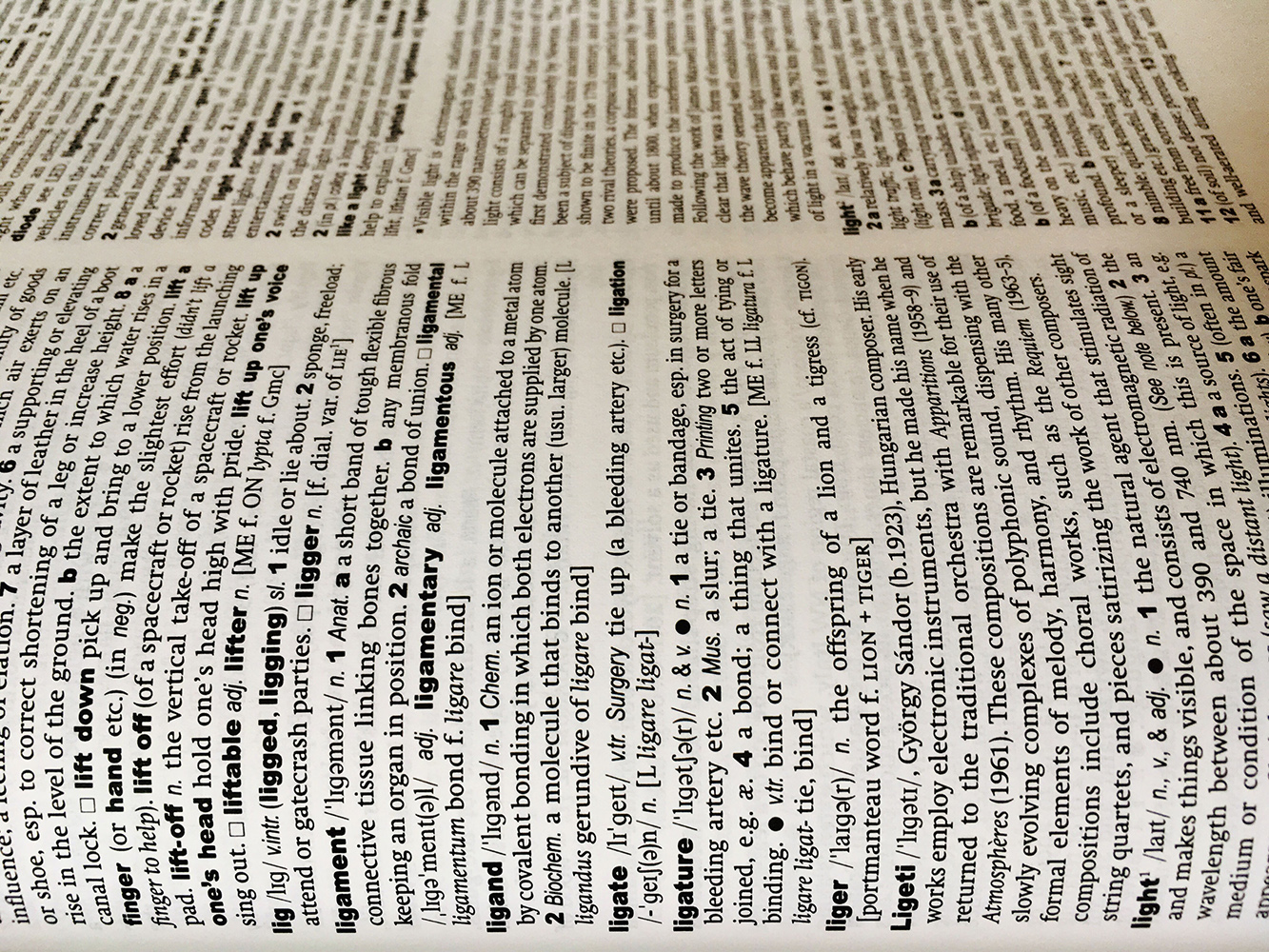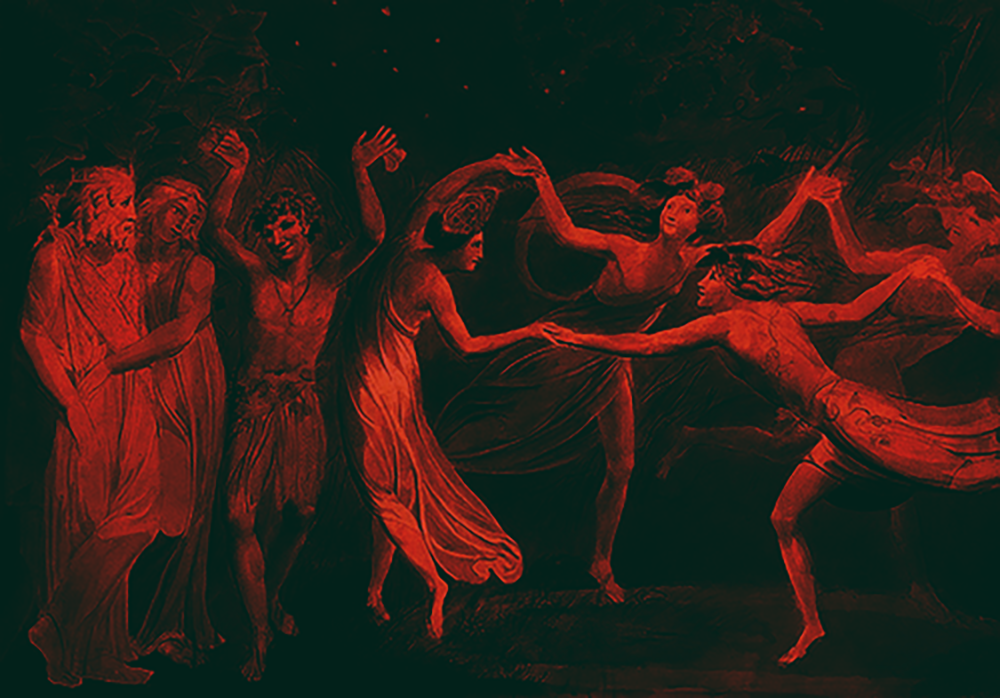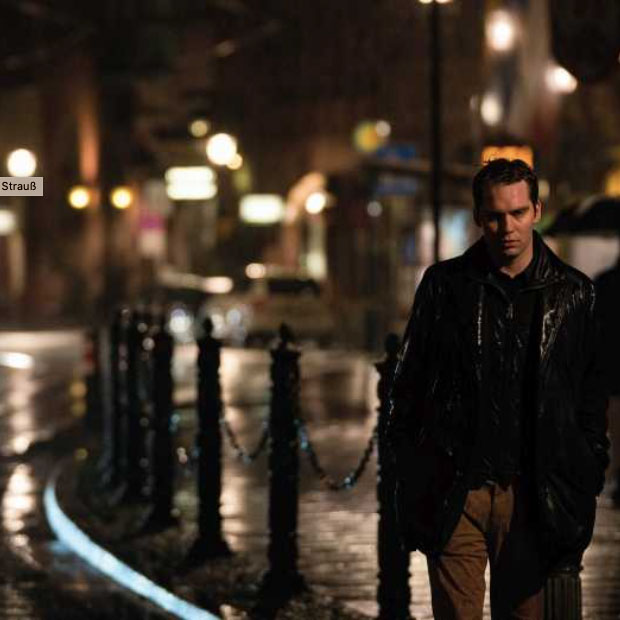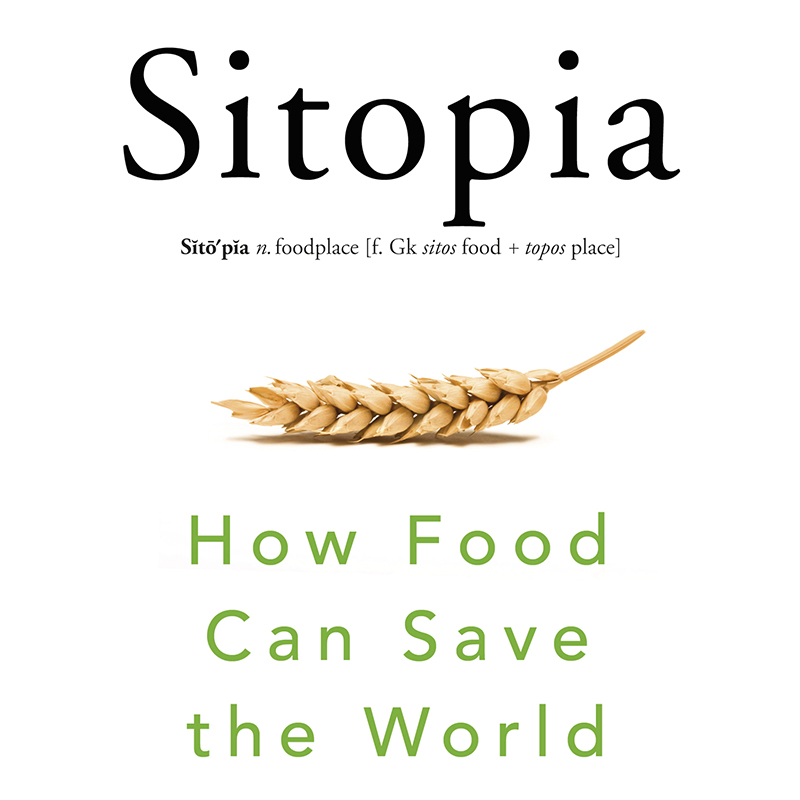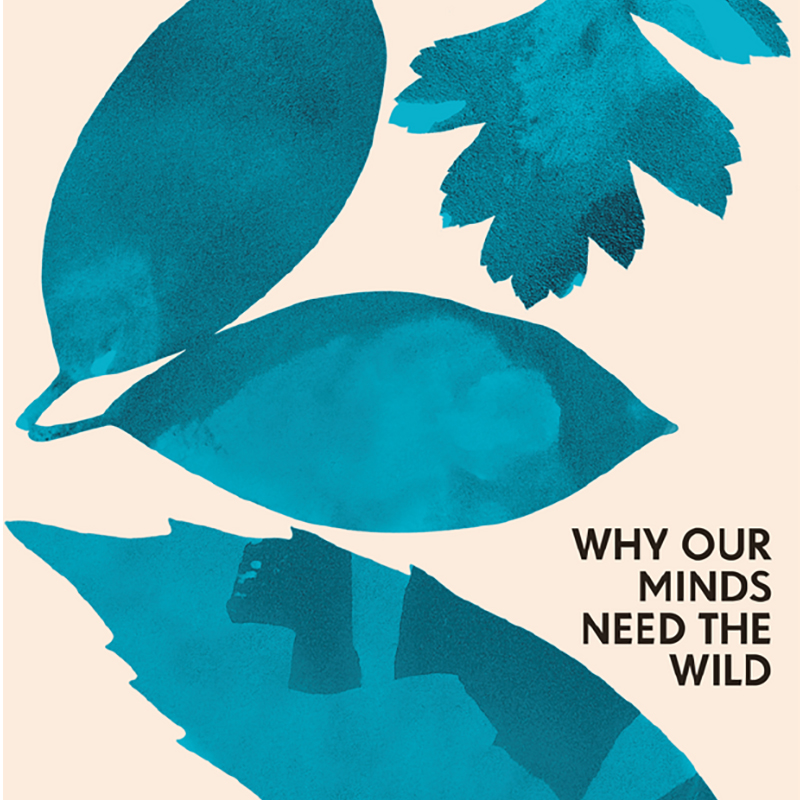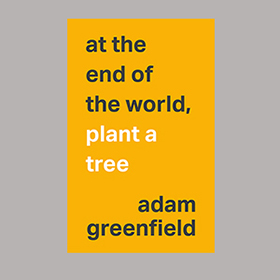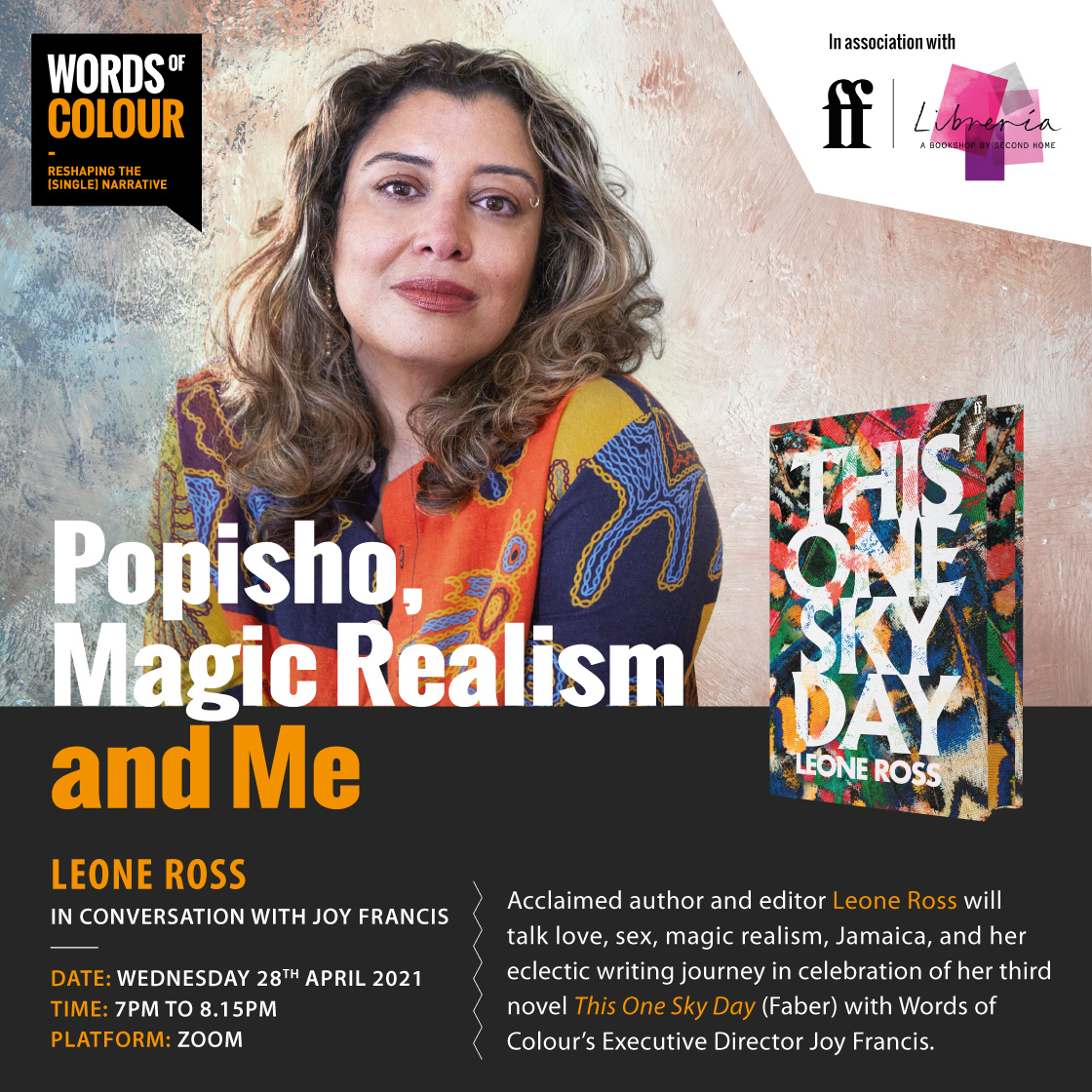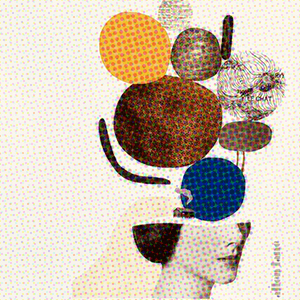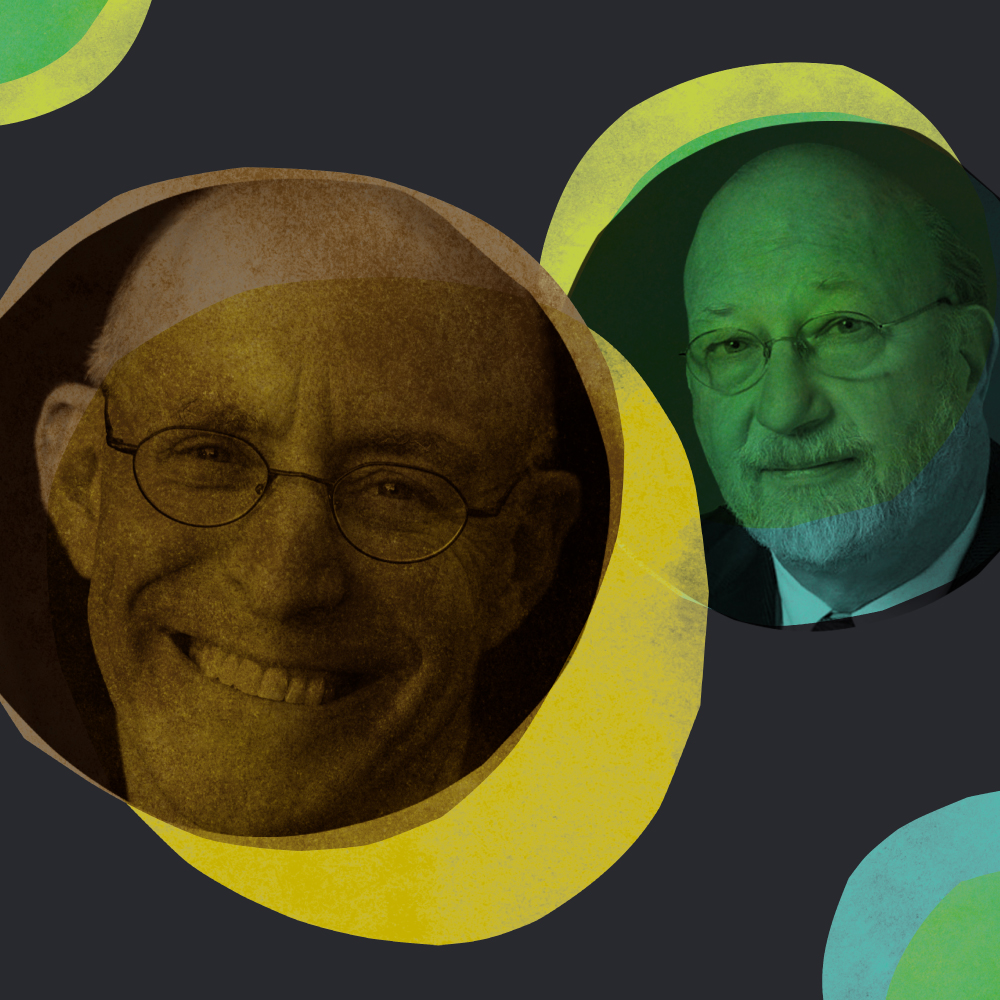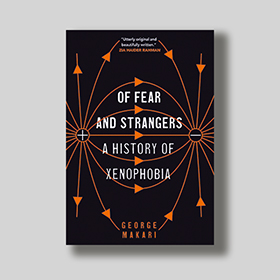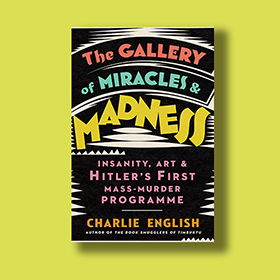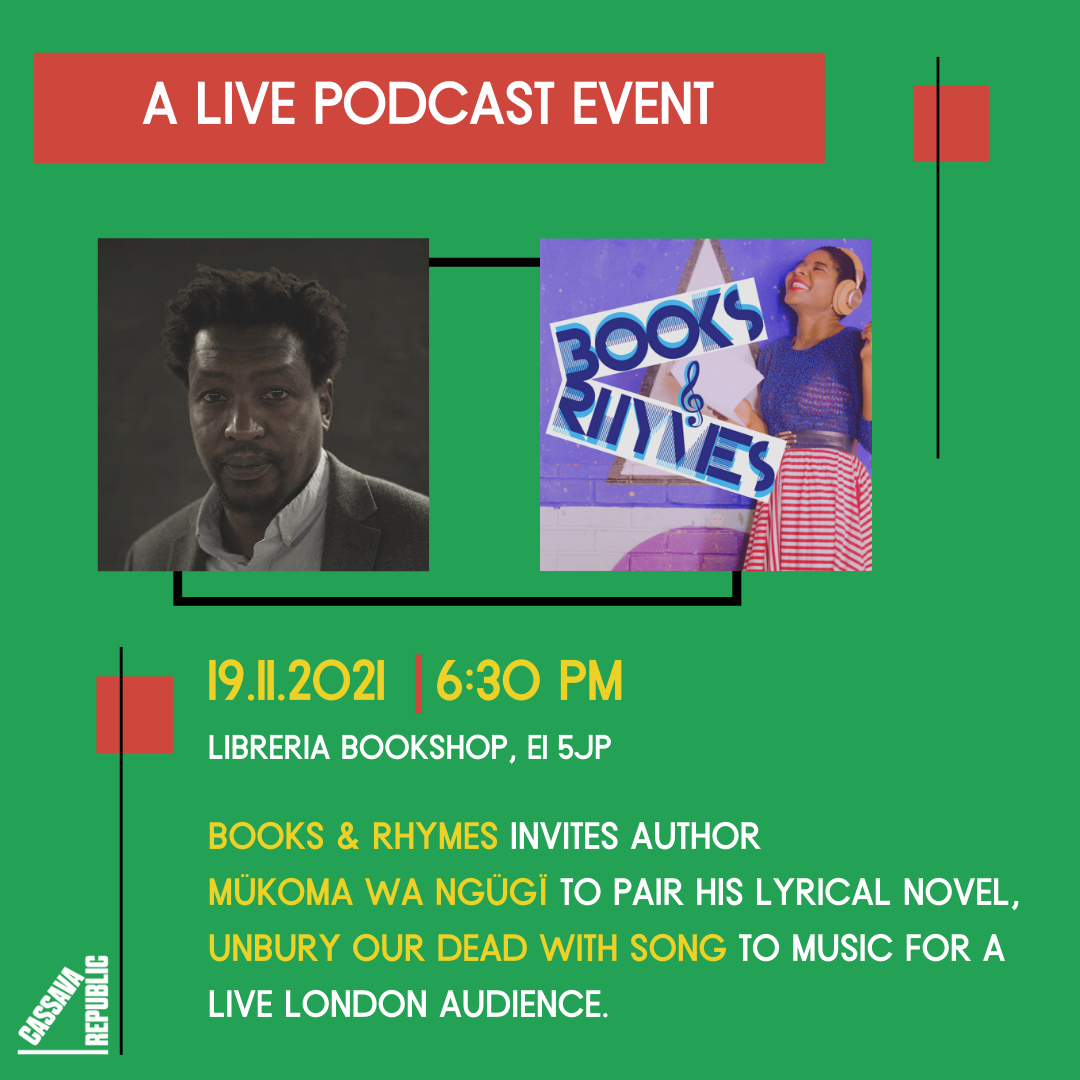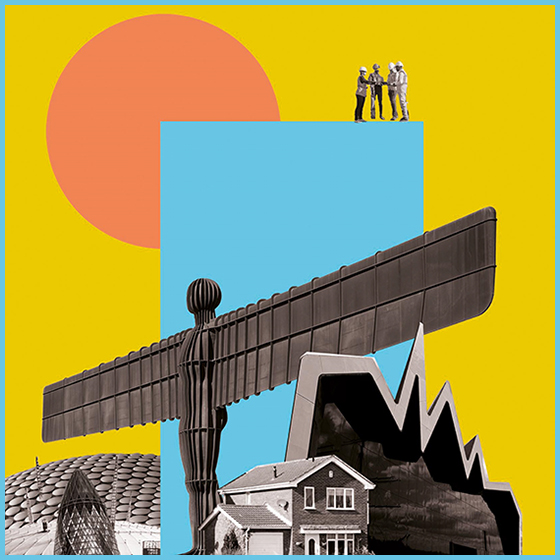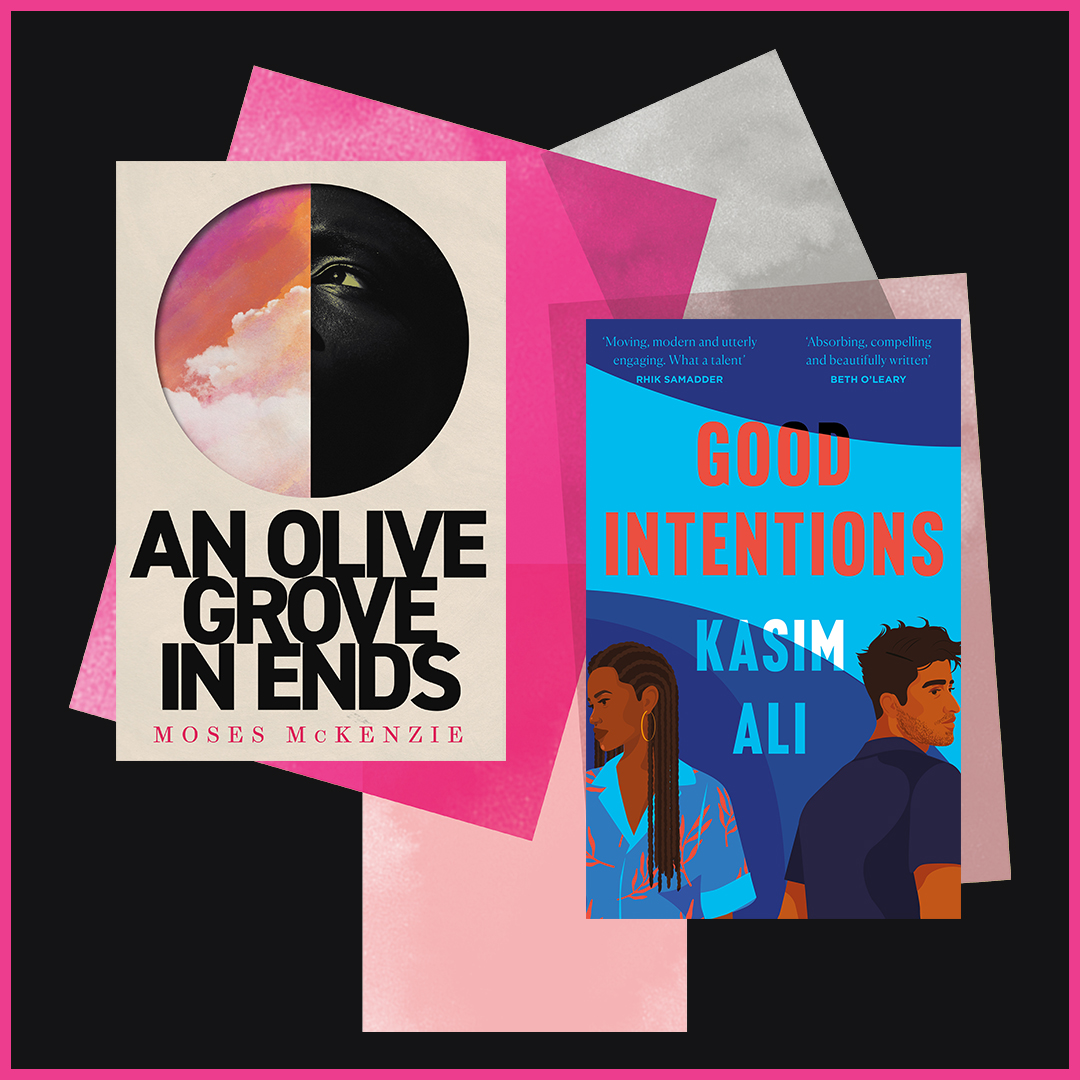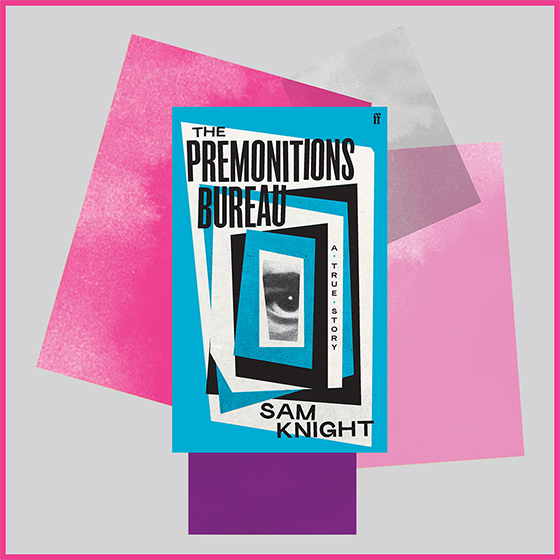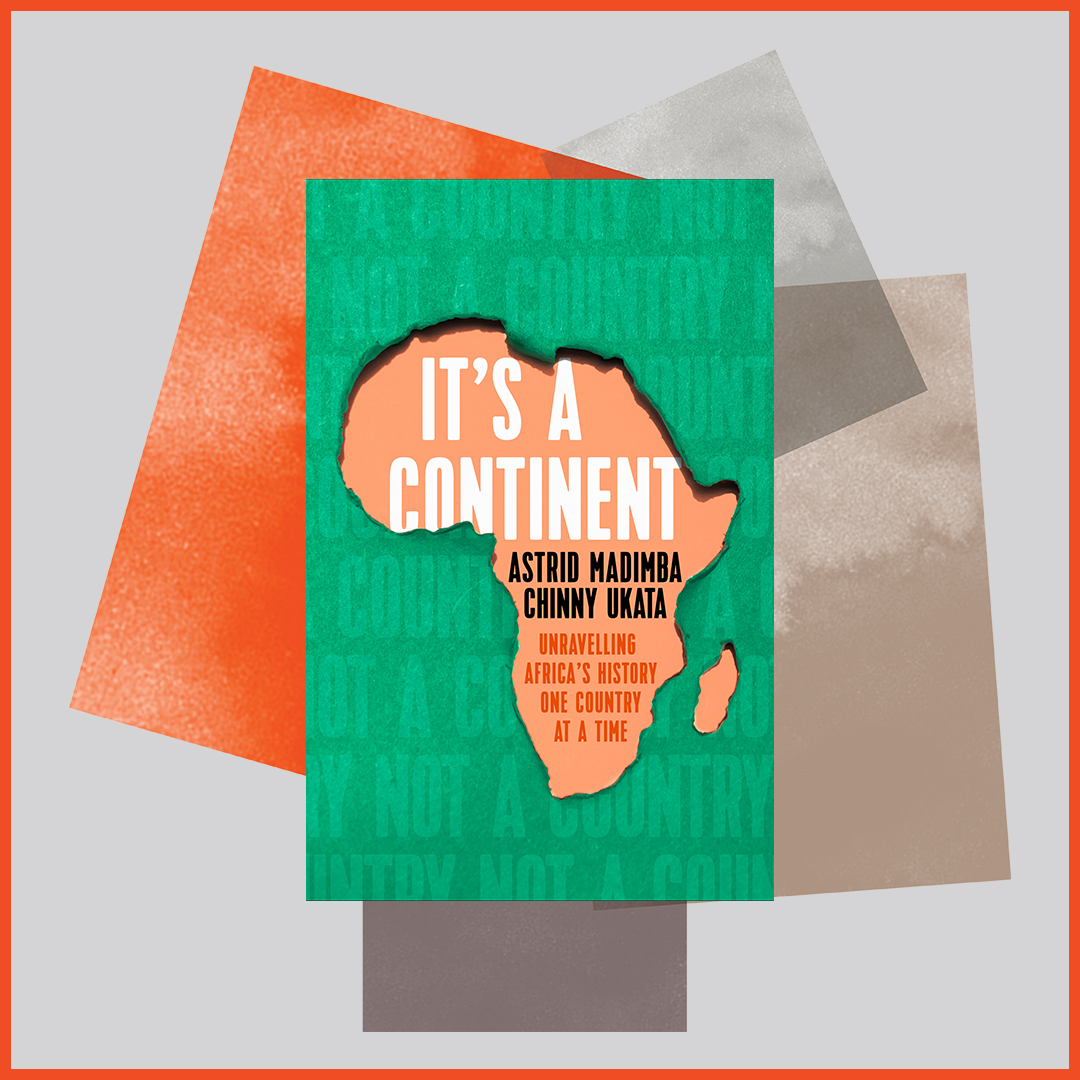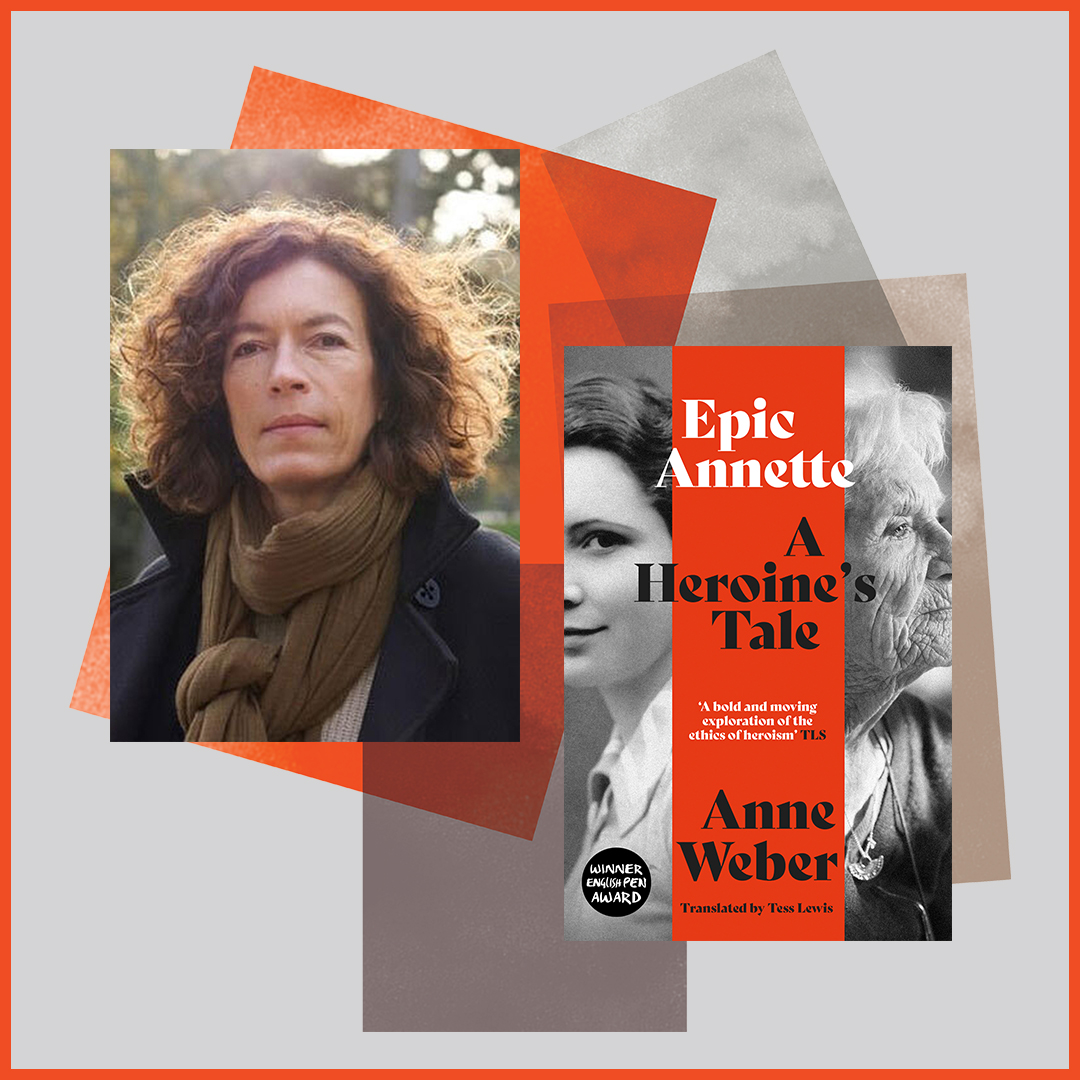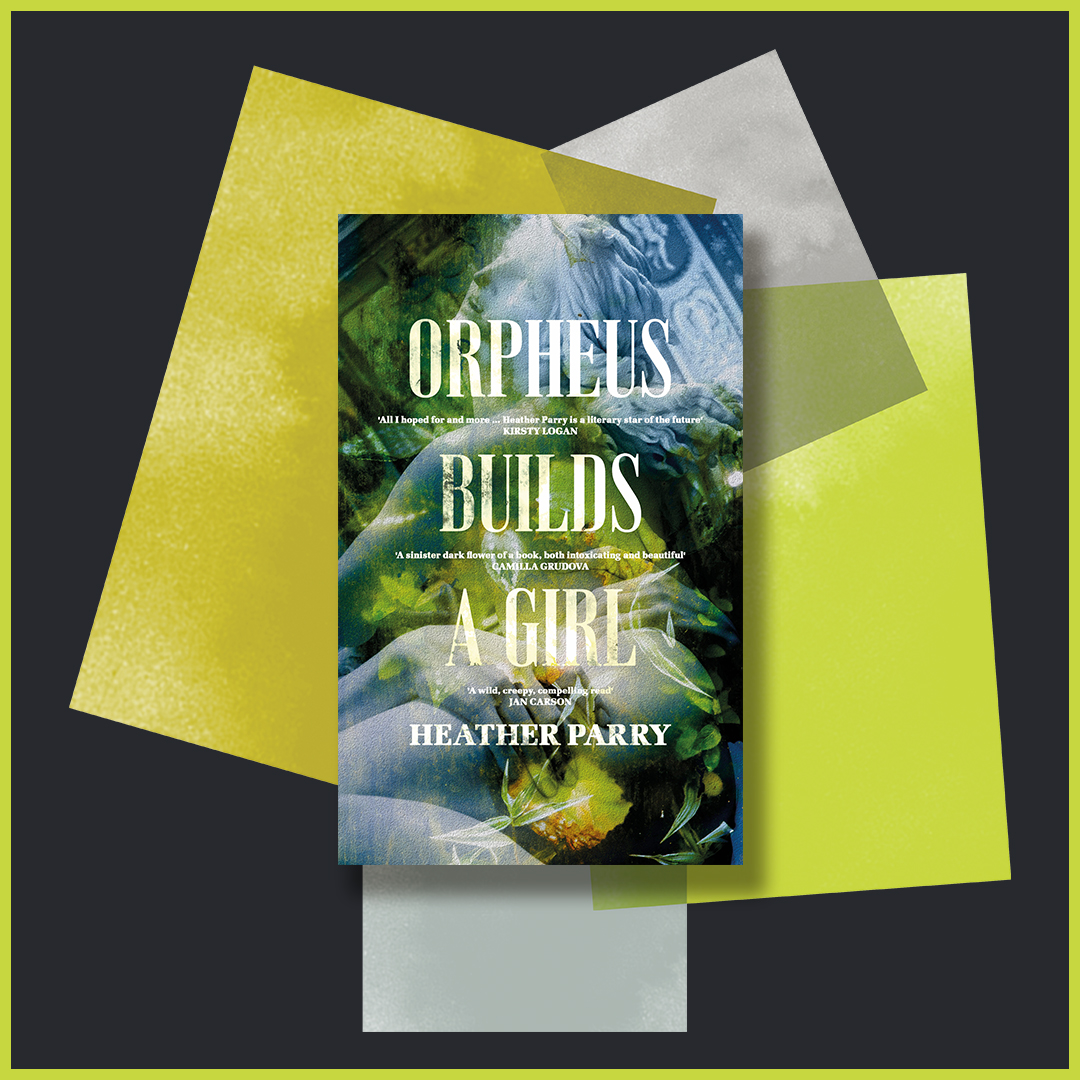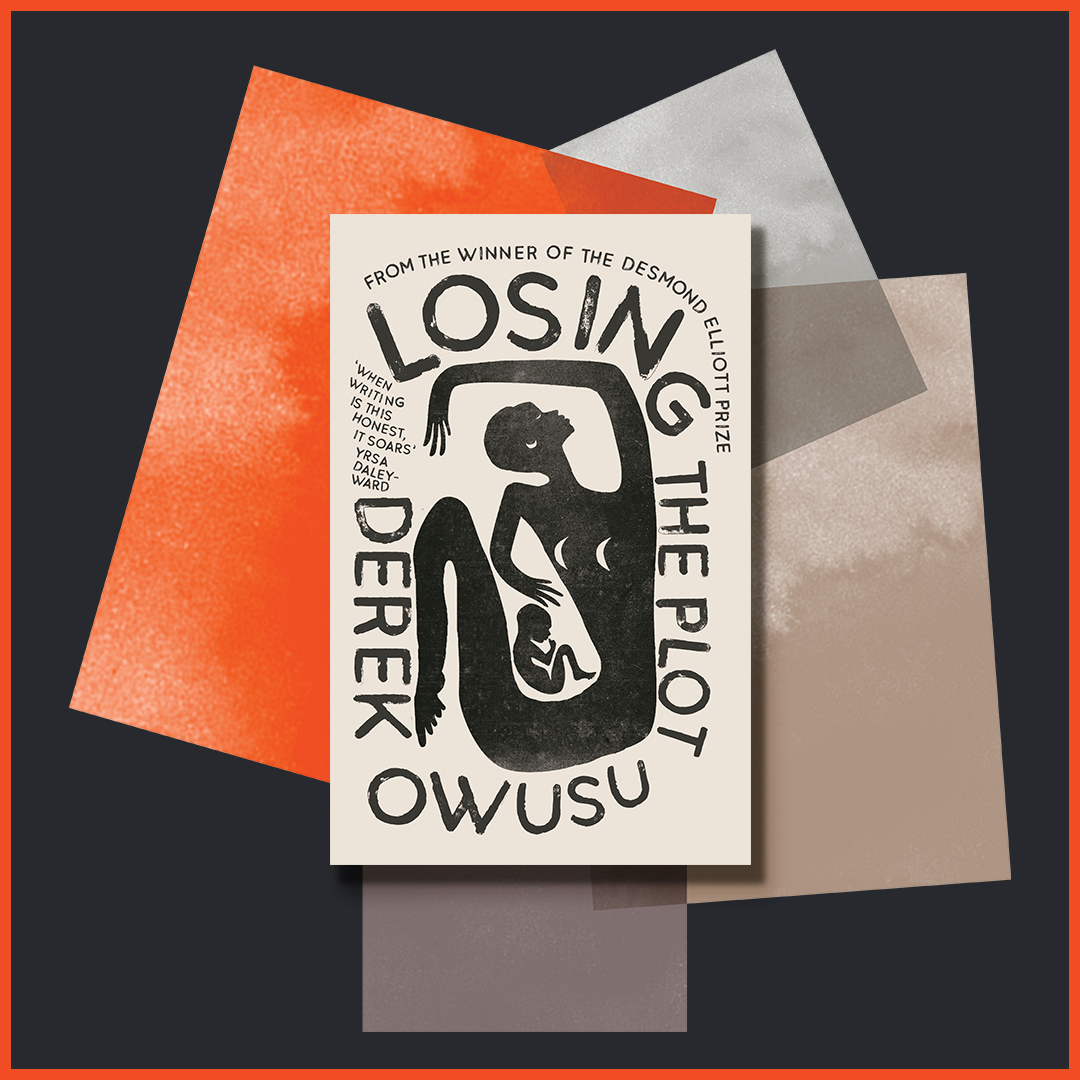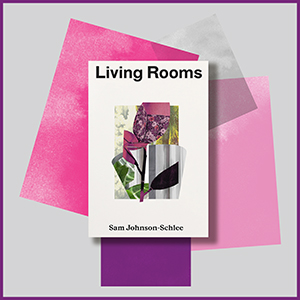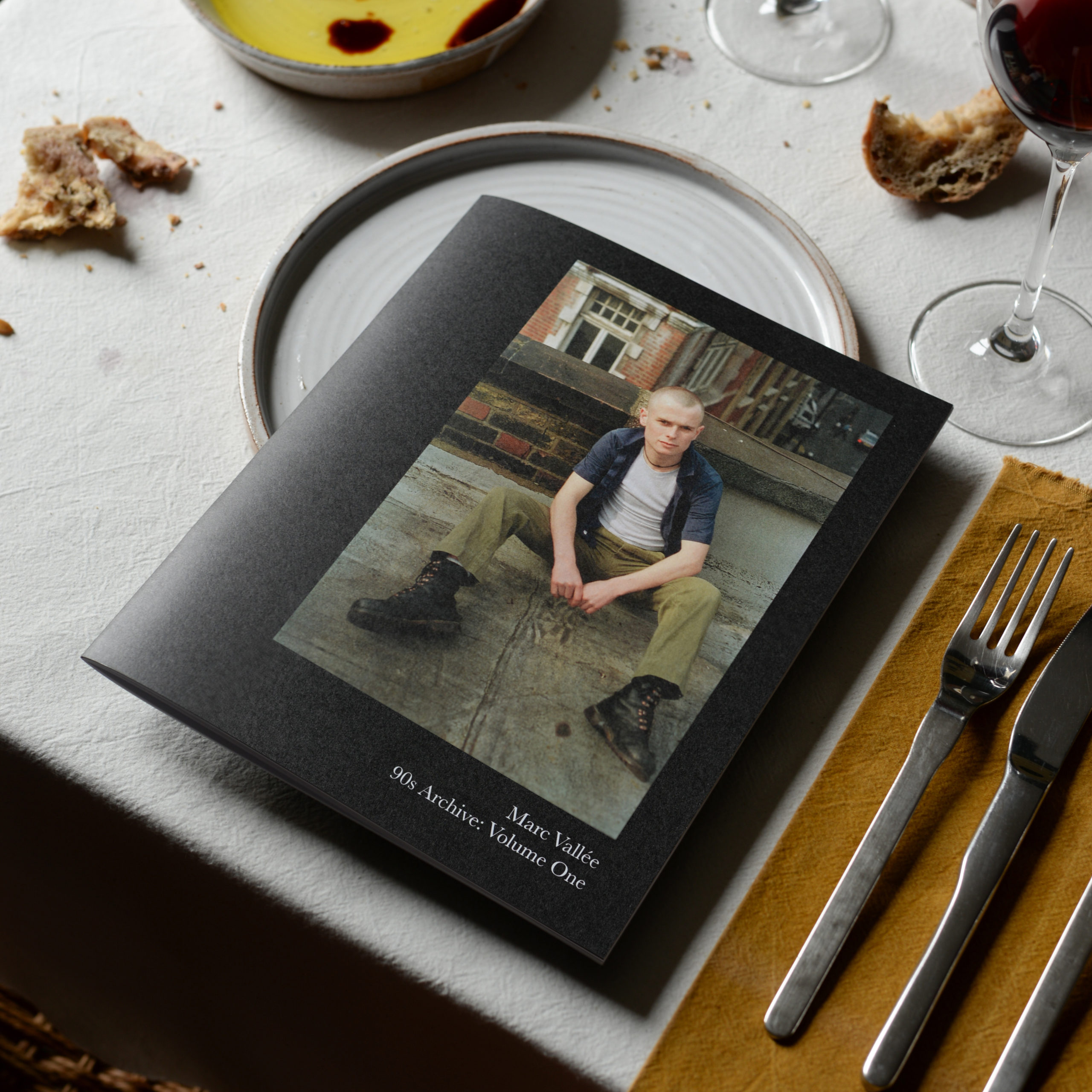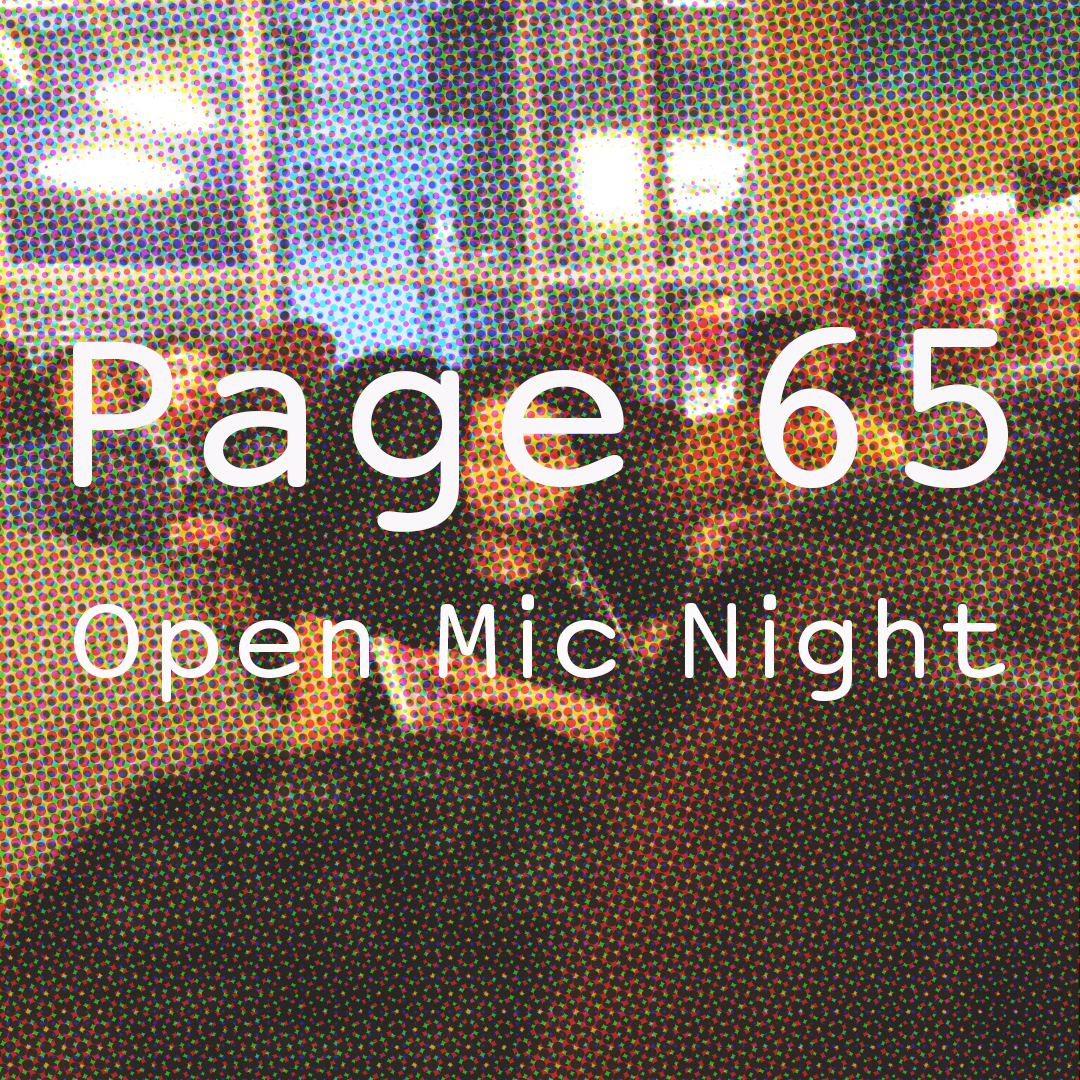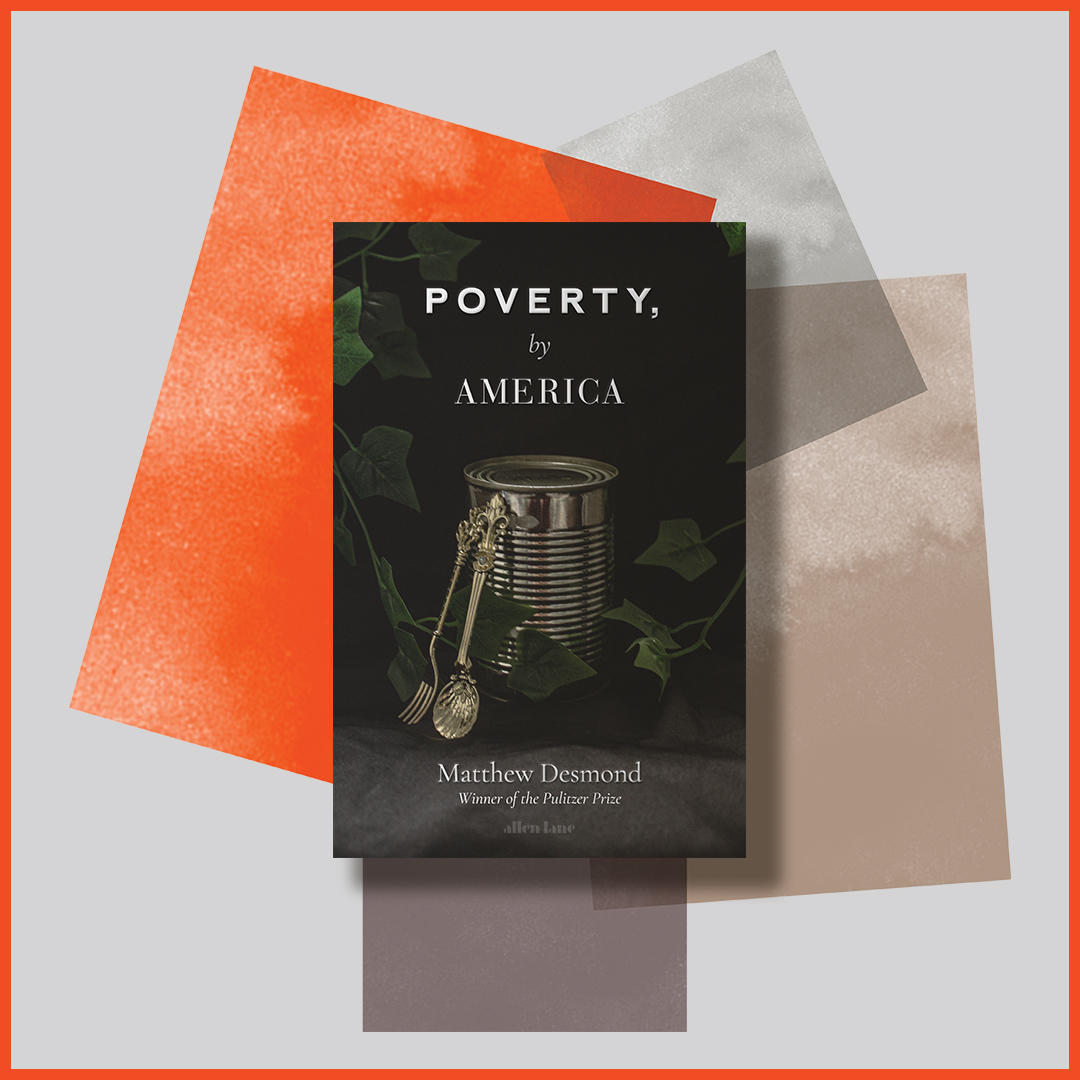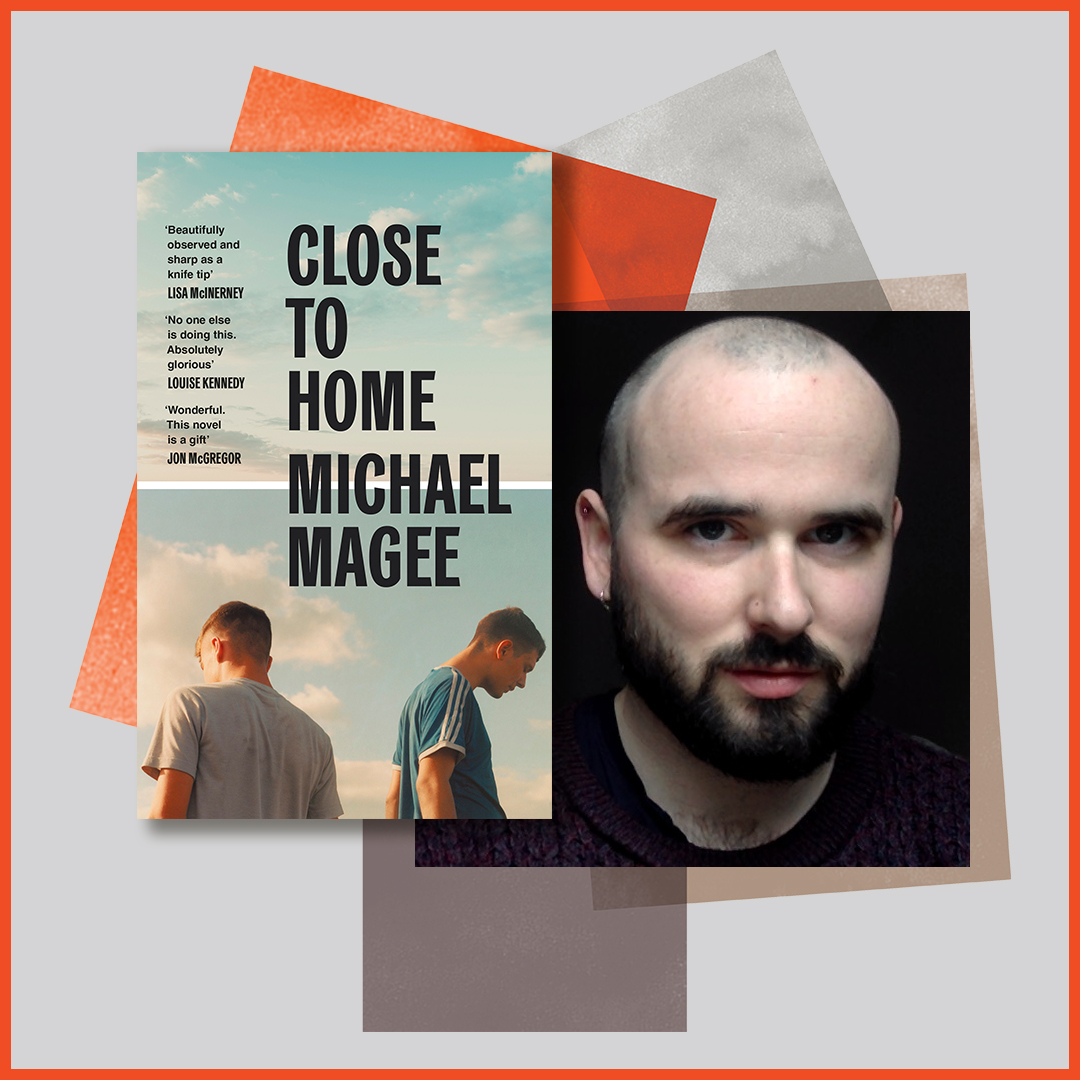
Addlands: Tom Bullough Bullough’s novel is a loving portrait of loss, change and the bitter-sweet nature of ‘progress’. Stuart Kelly reviews it for the Spectator: “The novel has an elegant structural conceit. It begins in 1941, with Oliver being born and his father telling the midwife that ‘I had best fodder the beasts, I had’, then cycles through the decades to conclude in 2011. At the same time, the individual chapters inch through the seasons, from ‘cloud-scratched skies’ back to the ‘pearl-like’ mistletoe. Newspaper cuttings intersperse the text, as neat little indicators of social change. […] One of the most impressive features of the book is how language changes. It is like an incarnation of the argument put forward in Robert Macfarlane’s Landmarks. In the opening chapter we get ‘whilcar’, ‘fescue’, ‘copps’, ‘reens’, ‘glat’, ‘tump’ and ‘flem’. ‘Addlands’ itself means the border of a ploughed field, the part done last — and this is a novel of last things. In the final chapter we get ‘Whazzup (-;’. The lilt and timbre of spoken voices is handled beautifully, but even here what is distinctive is gradually eroded
-
Addlands: Tom Bullough
Bullough’s novel is a loving portrait of loss, change and the bitter-sweet nature of ‘progress’. Stuart Kelly reviews it for the Spectator: “The novel has an elegant structural conceit. It begins in 1941, with Oliver being born and his father telling the midwife that ‘I had best fodder the beasts, I had’, then cycles through the decades to conclude in 2011. At the same time, the individual chapters inch through the seasons, from ‘cloud-scratched skies’ back to the ‘pearl-like’ mistletoe. Newspaper cuttings intersperse the text, as neat little indicators of social change. […] One of the most impressive features of the book is how language changes. It is like an incarnation of the argument put forward in Robert Macfarlane’s Landmarks. In the opening chapter we get ‘whilcar’, ‘fescue’, ‘copps’, ‘reens’, ‘glat’, ‘tump’ and ‘flem’. ‘Addlands’ itself means the border of a ploughed field, the part done last — and this is a novel of last things. In the final chapter we get ‘Whazzup (-;’. The lilt and timbre of spoken voices is handled beautifully, but even here what is distinctive is gradually eroded.”
#libreriarecommends #libtryptich #spectatorreviews #beautifulborderlands #countrybumpkins
Addlands: Tom Bullough
Bullough’s novel is a loving portrait of loss, change and the bitter-sweet nature of ‘progress’. Stuart Kelly reviews it for the Spectator: “The novel has an elegant structural conceit. It begins in 1941, with Oliver being born and his father telling the midwife that ‘I had best fodder the beasts, I had’, then cycles through the decades to conclude in 2011. At the same time, the individual chapters inch through the seasons, from ‘cloud-scratched skies’ back to the ‘pearl-like’ mistletoe. Newspaper cuttings intersperse the text, as neat little indicators of social change. […] One of the most impressive features of the book is how language changes. It is like an incarnation of the argument put forward in Robert Macfarlane’s Landmarks. In the opening chapter we get ‘whilcar’, ‘fescue’, ‘copps’, ‘reens’, ‘glat’, ‘tump’ and ‘flem’. ‘Addlands’ itself means the border of a ploughed field, the part done last — and this is a novel of last things. In the final chapter we get ‘Whazzup (-;’. The lilt and timbre of spoken voices is handled beautifully, but even here what is distinctive is gradually eroded.”
#libreriarecommends #libtryptich #spectatorreviews #beautifulborderlands #countrybumpkins

